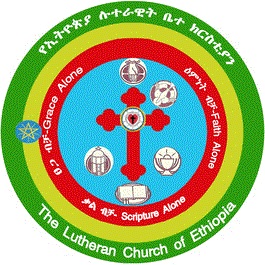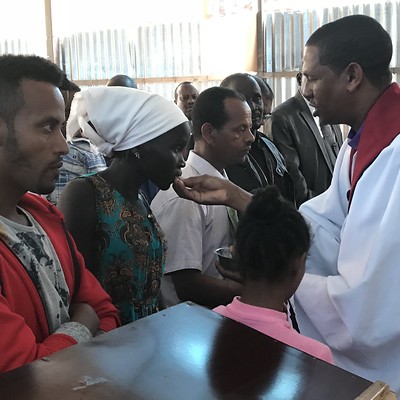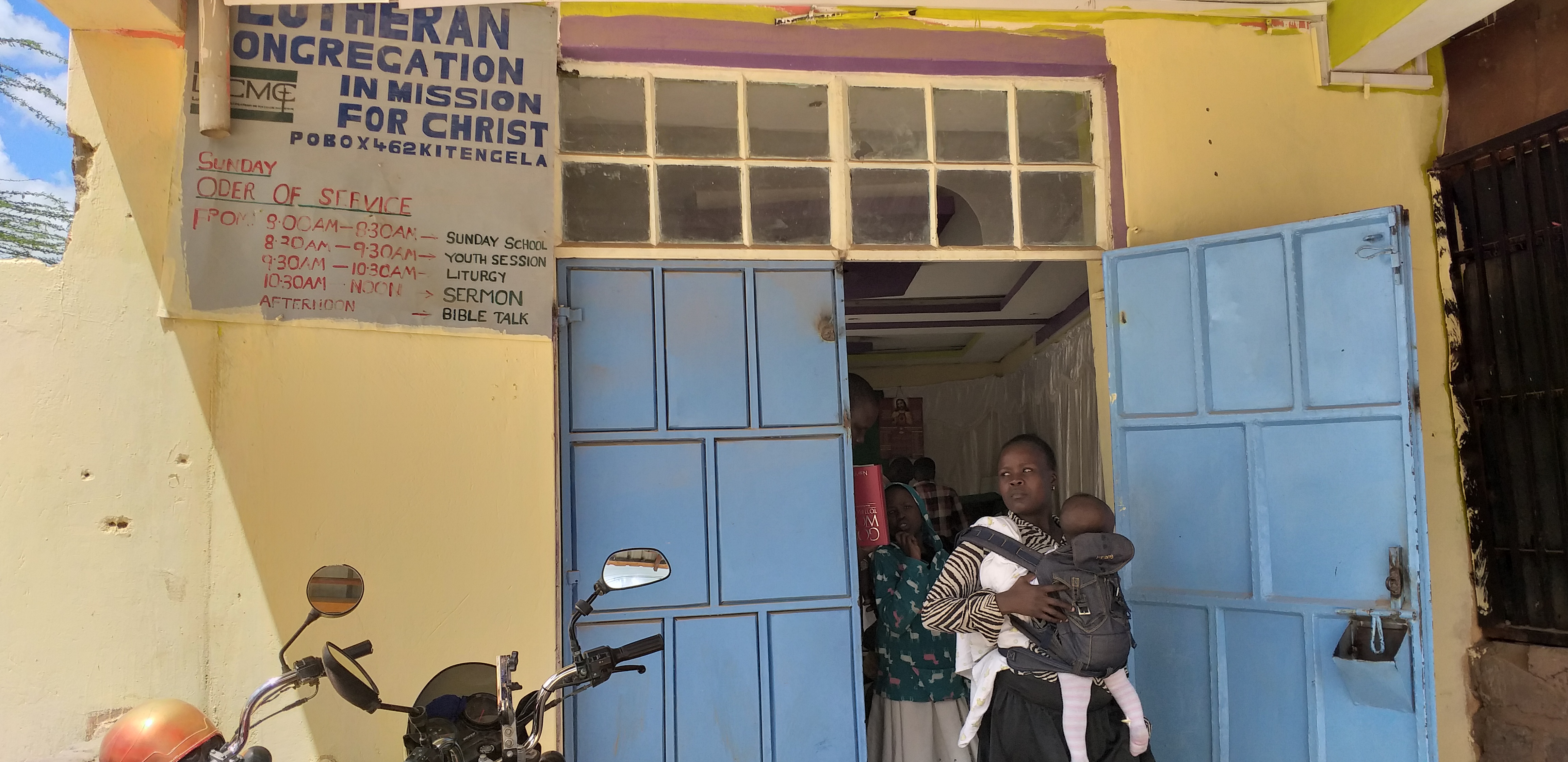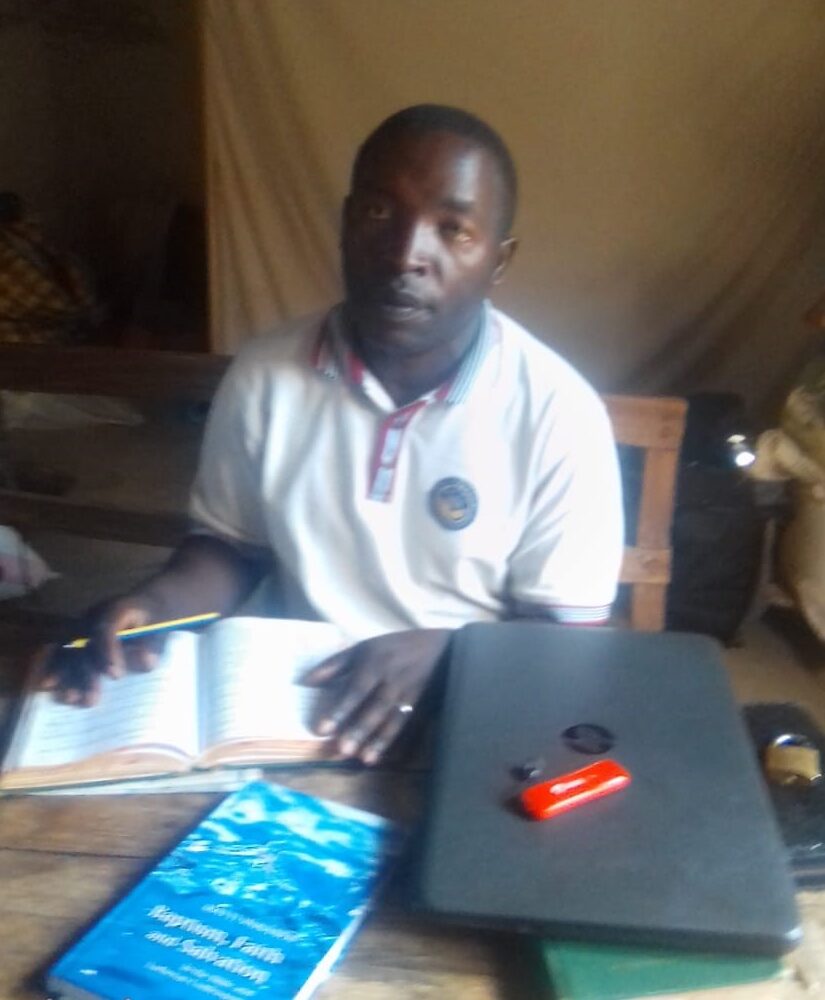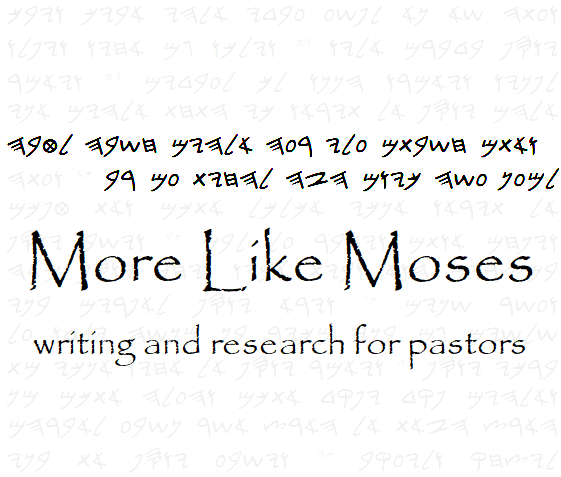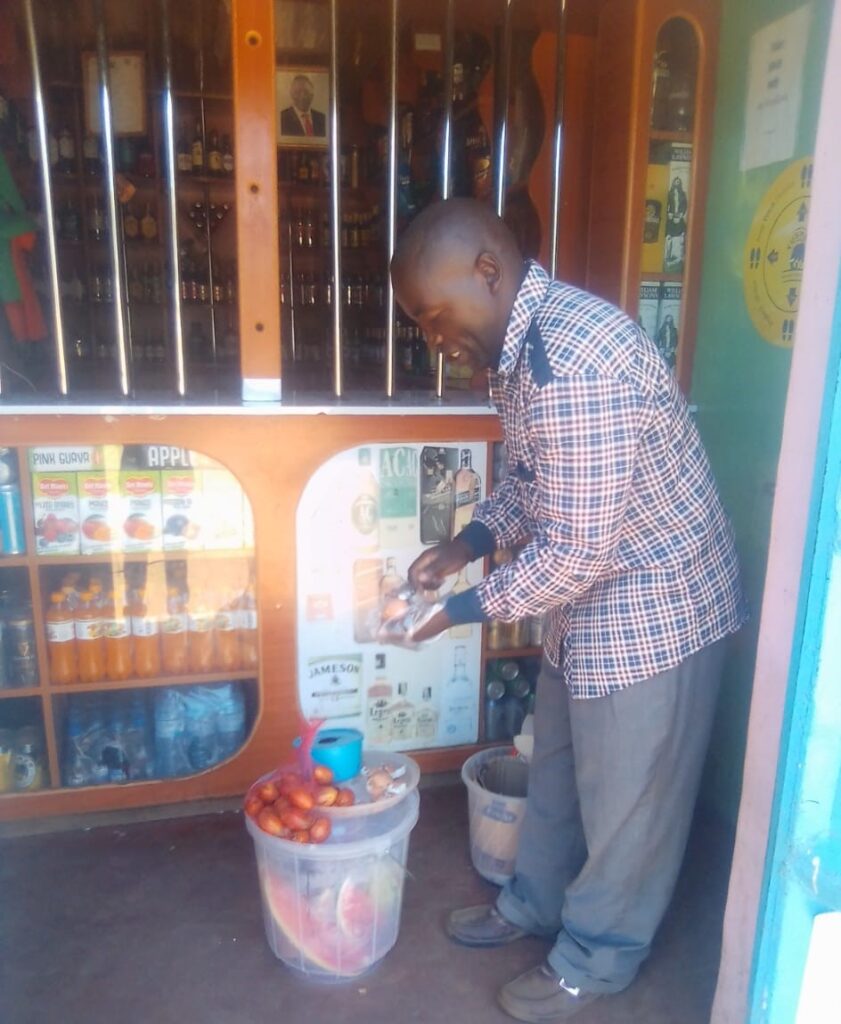Identify and Train
From the first moment that Apollos walked into the synagogue in Ephesus, everyone could see his talent. He was highly intelligent. He was comfortable and confident in front of people. His words were powerful and clear. Best of all, he quickly proved himself to be a very committed and dedicated Christian. Everyone could see that he had the talent and ability to be an ideal leader in the church. All he really needed was a little extra training.
Fortunately, there were teachers there in Ephesus who were ready and willing to give Apollos the training that he needed. We read about it in the 18th chapter of the Book of Acts: “A Jew named Apollos, a native of Alexandria, came to Ephesus. He was an eloquent man and well versed in the Scriptures. He had been instructed in the way of the Lord. He spoke with burning zeal and taught the facts about Jesus accurately, although he knew only the baptism of John. He began to speak boldly in the synagogue. But when Priscilla and Aquila heard him, they took him home and explained to him the way of God more accurately” (Acts 18:24-26 EHV).
Identify and train. Right from the beginning, the New Testament Christian church has worked to identify those who have the God-given talent and ability to serve as leaders in the church. Then they train those men and women to do the work that God is calling them to do.
In the Lutheran Church of Ethiopia (LCE), our brothers and sisters in Christ have identified four people who appear to have the talent and the Christian dedication to serve as leaders in the church. They have identified two young men, Ephrem Kebede Getachew and Cherinet Demeke Lemma, as possible future pastors. They envision a young woman, Blen Berhanu Merka, as a future teacher and a program administrator for the new nursery school that the LCE is planning to open. In addition to these three, there is Stephen Lam, a Nuer man from the Gambella region in western Ethiopia. Stephen has been identified as a possible future pastor and teacher to the thousands of Sudanese Christians who are living in the Gambella refugee camps.
Clearly, all four of these have been blessed with spiritual gifts from God the Holy Spirit. Their pastor, Rev. Kebede, often refers to them as “our brilliant scholars” or as “promising young men and women.” All four of have demonstrated their Christian character and their commitment to Christ. All they really need is a little extra training.
So where does that training come from?
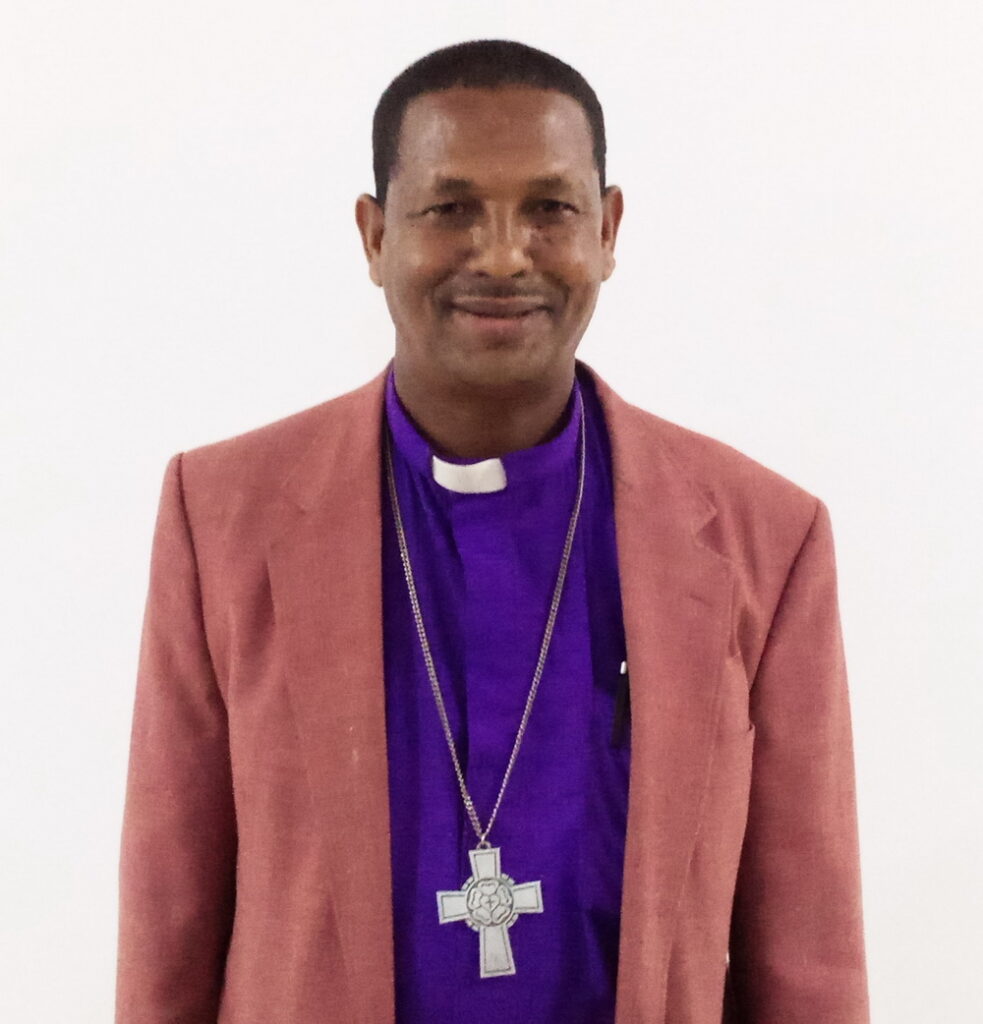
Most of it will come from the LCE’s one and only ordained pastor, Rev. Kebede Getachew Yigezu. Pastor Kebede teaches the vast majority of the courses at the LCE’s worker training school, Maor Lutheran Theological Seminary. But that’s a huge job! It’s much too big for just one person to do well, especially when we remember that Pastor Kebede must also be the spiritual shepherd to the LCE’s five congregations.
The Lutheran Church of Ethiopia and the WELS One Africa Team have agreed to collaborate and work together in the training of these students. Pastor Kebede will still teach the majority of the courses, but missionaries from the WELS One Africa Team and teachers from the WELS Pastoral Studies Institute will also teach selected courses. These classes will be taught online via Zoom. Missionary John Roebke has begun teaching the first of these online courses beginning in May 2021. He is breaking new ground with many firsts – the first time he is teaching the Lutheran Confessions, the first time he is using Google Classroom to organize the assignments, and the first time that Maor students are using Zoom.
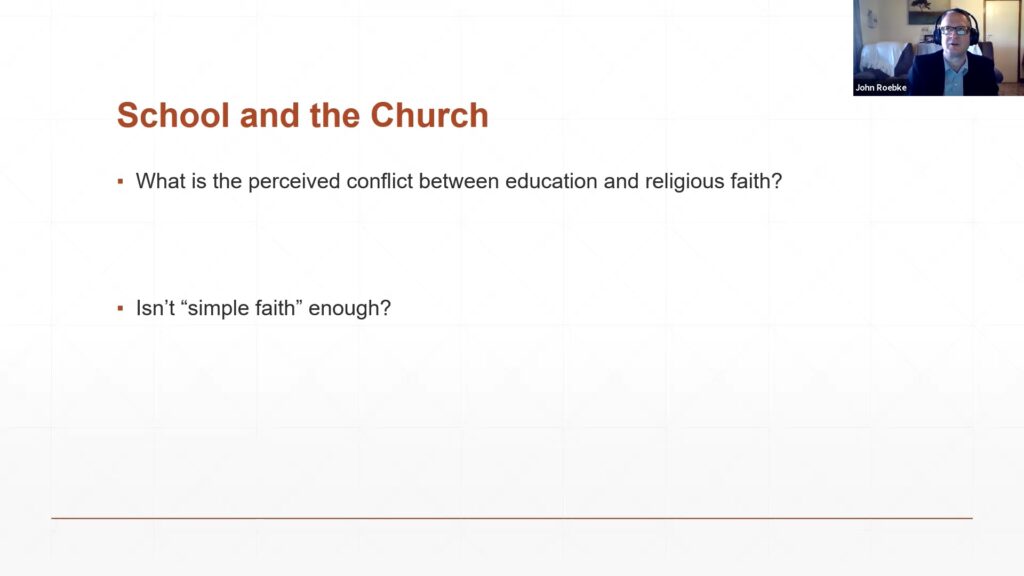
In Acts 18, Aquila and Priscilla identified Apollos as a potential spiritual leader for the church. And after they had trained him, that’s exactly what Apollos would become. “He provided much help to those who had become believers by grace” (Acts 18:27).
Today we thank God that he has provided many qualified men and women to study for the public ministry. May God make every one of them a blessing for his church.
Missionary Mark Panning lives in Malawi and is the OAT Liaison to the LCE
Please pray for those working in fields that are ripe for harvest. Share their story, engage with future news and receive updates. Learn more about our mission fields in Africa and how the Holy Spirit is working faith in people’s hearts at https://wels.net/serving-others/missions/africa
